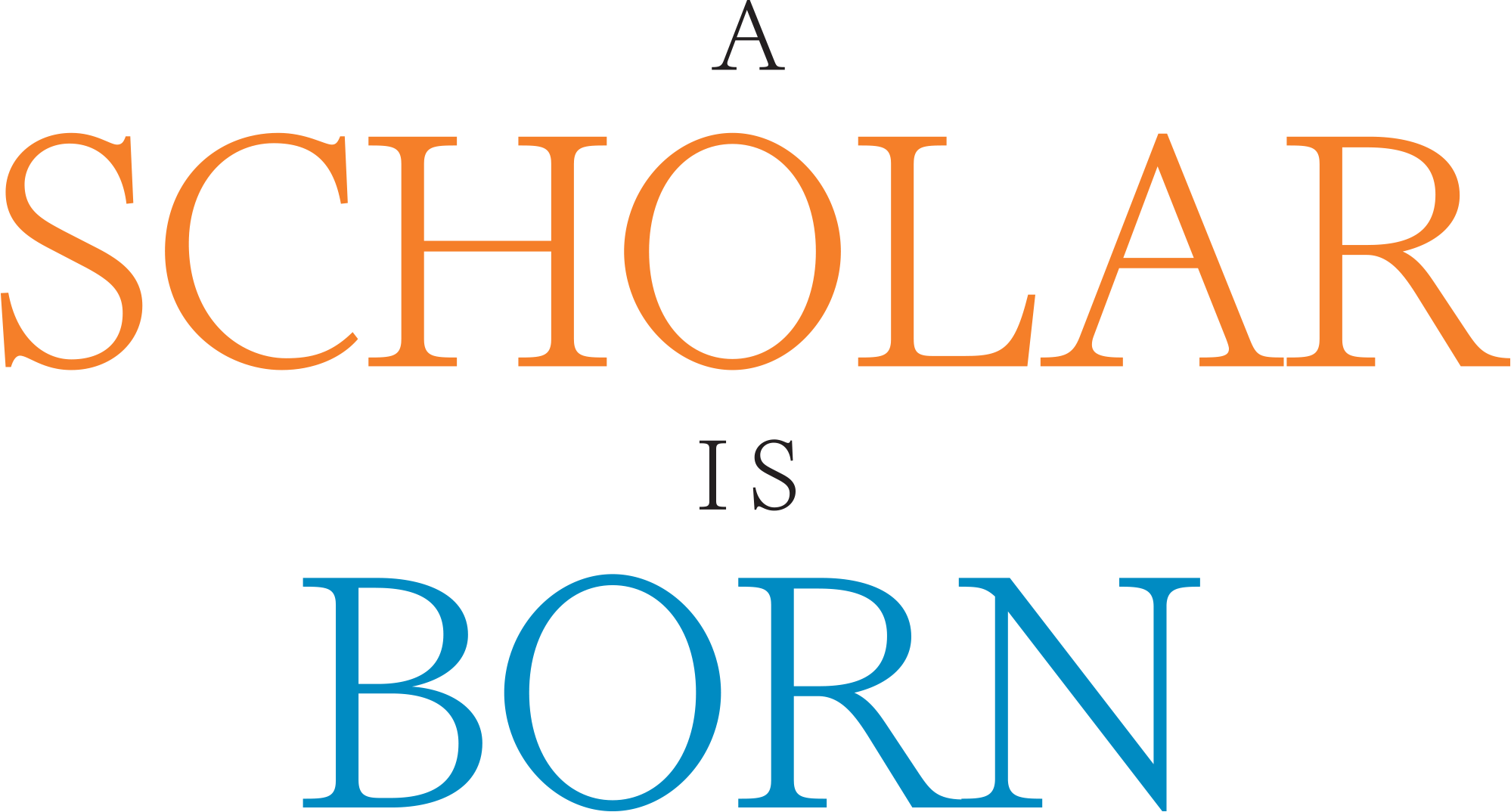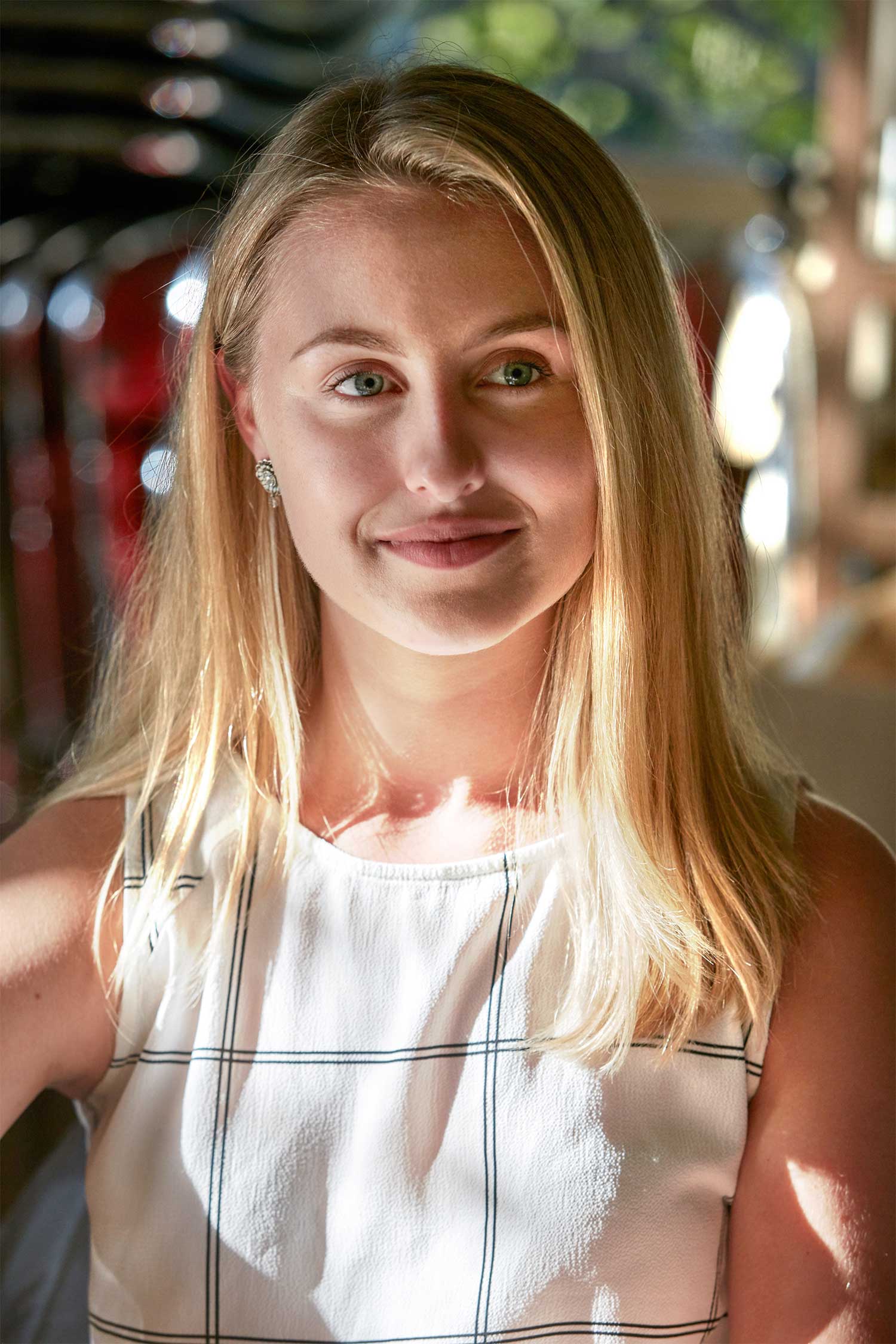



In 2016, I became one of the few members of the Class of 2020 to be selected as a Presidential Fellow. This program, which connects students with faculty mentors to collaborate on research projects, was how I came to join the Bucknellians in World War I research team. Our project, which is still ongoing, seeks to uncover the personal and military histories of the more than 700 Bucknellians who served in the First World War.
Working on this project with my peers Julia Carita ’20, Amy Collins ’18 and A.J. Paolella ’18, under the direction of our mentor, Professor David Del Testa, history, was a singular and unforgettable experience. During my first few months as a college student, I remember telling my friends from home about our work; none of them understood what I was doing. The thought of a first-year student working on such a project was practically unheard of.
It was through this project that my Bucknell experience first stretched beyond the limits of campus. Professor Del Testa had been planning to bring the research team to France to visit the graves of a few Bucknellians known to be buried abroad as well as important battlefields and historical sites. In late May, following the end of my first year at Bucknell, I found myself on a plane to Paris’ Charles de Gaulle Airport. A few hours of suitcase rolling and jet-lag napping later, I was thrown into the world of on-site research. I’d selected the World War I nurse Katherine Baker, Bucknell Institute Class of 1892, as my focus.
I was not sure what to expect from this trip. I certainly did not anticipate visiting towns smaller than Lewisburg to locate nearly forgotten memorials, nor did I foresee myself hiking through a forest filled with unearthed, unexploded artillery. Almost every moment of this trip took me by surprise. When the time came for our flight home, I was overwhelmed by everything we had seen and accomplished.
I never imagined that I would have another opportunity like that, but as it turned out, that trip was just the beginning. During my time at Bucknell, doors just kept opening for me. Each of these travels was just as crucial as any of the classes on my transcript to my development as a student and as a person.
By May 2018, I had grown into a more independent scholar. Then, I once again found myself on a flight to France, only this time, it was without a faculty mentor. Julia Carita and I had reached a point in our research where we needed to visit particular archives. We assured Professor Del Testa that we could do it, but inwardly, I was frazzled. I had never set foot in an archive before, and certainly not a foreign one owned and guarded by the military. Despite my apprehension, every day of that visit I woke up and drank from my tiny cup of coffee and ate my tiny breakfast pastry and set out to do the work I came to do.
Fast forward to a few months later — January 2019 — I was on another research trip, only this time I was truly alone. No professor to help me navigate the French train system. No co-researcher to sit with in the archives. Just me, my laptop and some very sturdy shoes. The timid young student was gone, and in her place was a confident researcher ready to get down to business. Those sturdy shoes came in handy as I trudged through the Chemin des Dames with my guide, navigated the archives at the Château de Vincennes and wound my way through what felt like an infinite number of train platforms.
Every one of these experiences that I’ve had through Bucknell has broadened my horizons in an important way. Some have made me more culturally competent, perhaps none more than the tour of Japan that Julia Carita, Amy Collins, Holly Sentowski ’18 and I took with Professor Del Testa in January 2018. We braved a 13-hour flight to participate in the International Conference on Innovative Education and Technology in Osaka. Though the conference was only a two-day event, every day taught us something new. We learned about everything from culinary specialties to New Year’s traditions and the struggle to reduce atomic weapons.
As incredible as it is to experience new cultures, it’s the people I’ve met and the connections I’ve made on these trips that have had the greatest impact. Were it not for these off-campus excursions, I never would have met alumni such as J. Ronald “Star” Carey ’61 (a fellow history buff with great stories and lots of Bucknell pride) or Bettina Jaeger M’91 (an outgoing and generous woman with an enviable jet-setting job in Germany). I never would have had the opportunity to dine and discuss Great War nursing history with author Christine Hallett. I likely wouldn’t even be writing this piece, as I first met Bucknell Magazine editor Sherri Kimmel on that first trip to France.
This streak of adventures culminated in one final, rather solemn trip. Jan. 27, 2020, marked the 75th anniversary of the liberation of the Auschwitz-Birkenau concentration camp. Professor Del Testa recruited Julia and I, as well as new team member Caroline Hromy ’21 and Professor Keith Buffinton, mechanical engineering, to take part in this historic event. We went to honor the late Murray Goldfinger G’10, an Auschwitz survivor and grandfather of Emily Prentiss ’10, who had come to Bucknell often to share his experience. This was not the first emotionally challenging experience I had endured — studying the personal side of war history for nearly four years generates some difficult moments — but this was particularly hard. We watched the commemoration event inside the camp, surrounded by strangers who were all willing to endure the bitter Polish winter to honor the survivors and victims.
To me, the commemoration ceremony held an almost palpable sense of community. I was aware of that same sensation throughout our final trip, surrounded by old and new colleagues. It’s a sensation that many are longing for while waiting in isolation for the pandemic to pass.
Community is just one of the many things I miss about that quaint campus in Lewisburg. There were so many people and places there that I was not expecting to part with so soon. However, even though my final semester was cut short, I can say without hesitation that I had an incredibly rewarding Bucknell experience.
Julia Stevens ’20, a French & Francophone studies and Russian studies double major from Buffalo, N.Y., was a Presidential Fellow for Professor David Del Testa for four years, a Bucknell Magazine editorial assistant for two years and a French teaching assistant for a year. She won a Fulbright Award to be an English teaching assistant in Russia next year.